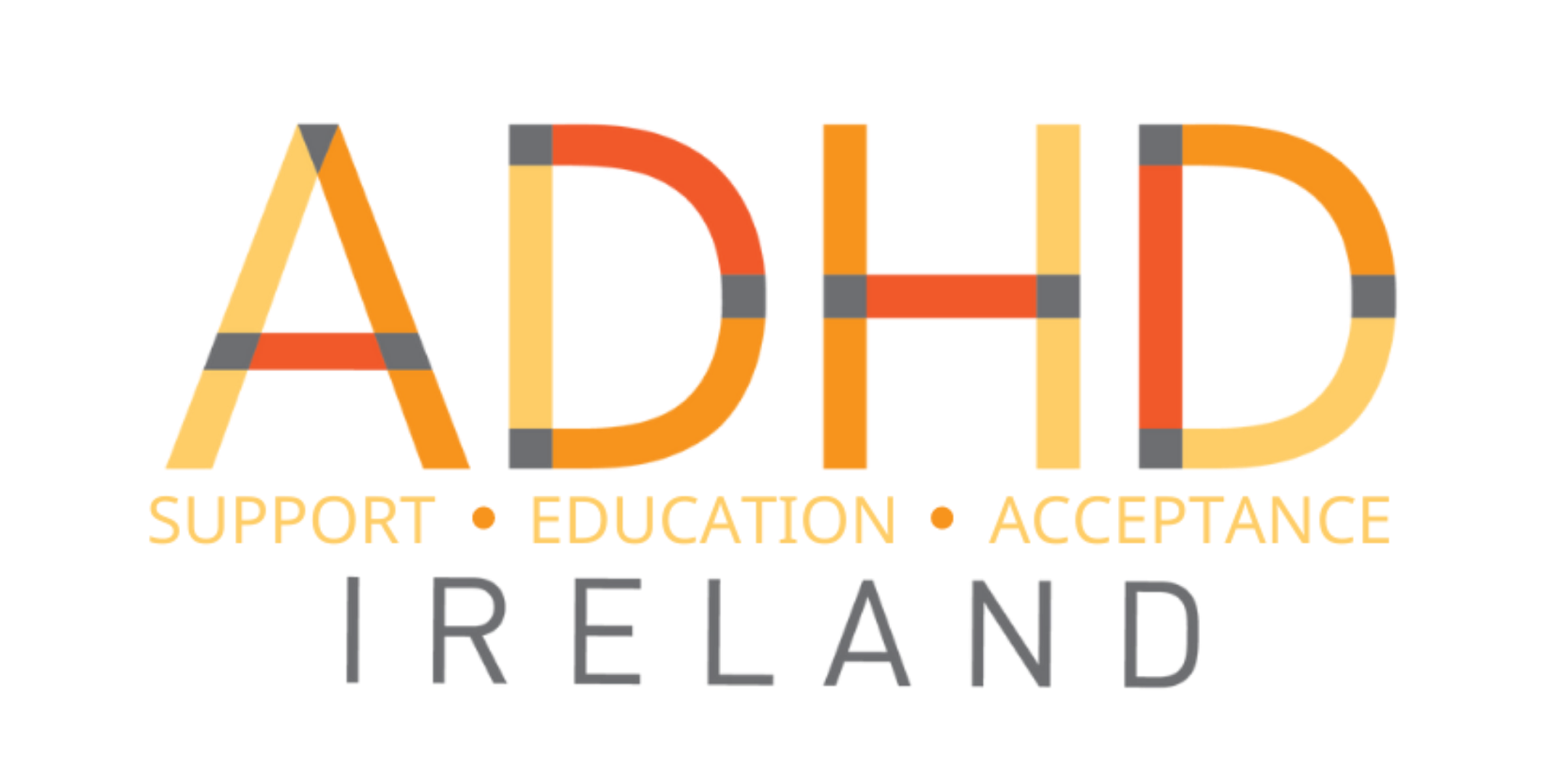ADHD stands for Attention Deficit Hyperactivity Disorder. It is a neurological disorder that impacts the parts of the brain that help us plan, focus on, and execute tasks.
ADHD impacts approximately 5% of the population in Ireland. ADHD is a developmental impairment of the brain’s executive functions. People with ADHD have trouble with impulse-control, focusing, and organisation.
It is a genetic and long-term condition which affects the individual throughout their lifetime. However, it is important to note, that if diagnosed and properly treated, people with ADHD can reach their potential and lead happy and successful lives.
ADHD is a disorder that can co-exist to a greater or lesser degree, with other disorders such as dyslexia, autism, learning disorder, dyspraxia, conduct disorder, oppositional defiance disorder.
Some symptoms of ADHD
Have a look through the following list; do any of them sound a bit like you?
Attention issues
It’s the ‘AD’ in ‘ADHD’: sometimes it’s hard to concentrate, other times you can focus on things that interest you. Are you easily distracted? You might also avoid doing things that require more focus from you.
Hyperactivity
The ‘H’ in ‘ADHD’: maybe you find it hard to sit still, or you drum your fingers, tap your feet, play with your hair or just generally mess about.
Impulsiveness
Do you sometimes find it hard to wait your turn? Maybe you interrupt all the time or try to do something before you fully understand what’s needed.
Difficulties with social skills
Having ADHD can make it harder to make and keep friends, perhaps you don’t fully understand how other people might be feeling, or you feel like you might make them awkward or uncomfortable.
Disorganised
With ADHD, you might forget things that have been planned, miss appointments or forget things you need. You may also not leave enough time to finish your work.
Mood swings
ADHD may make you more sensitive to all the changes that happen as you grow up. In turn, that can cause conflicts, confrontation, anger and frustration, which can often make things worse.
And now the good news….
You’re probably aware of the effects that ADHD can have on your life. The good thing – you’re not alone. Worldwide – around 5% of children have ADHD. So if you’re in a class of 30 students – at least one will have ADHD.
This means that lots of people have gone through what you’re dealing with. It may not feel like it, but with a little help and some effort on your part, you can manage your ADHD and do well in school and also have a good time with your friends and family.
The main thing is, if you feel like you need some help, make sure you talk to a parent, carer, teacher, doctor, or someone you trust. They are there to support you.
